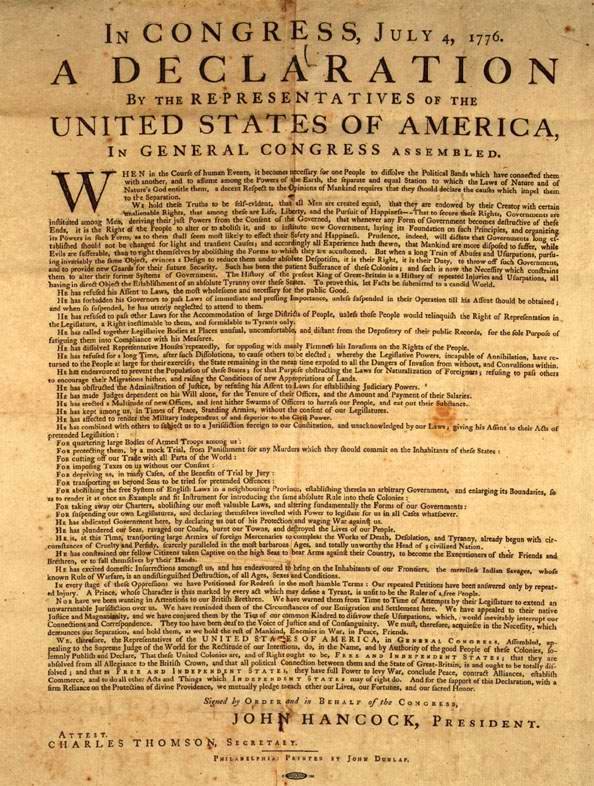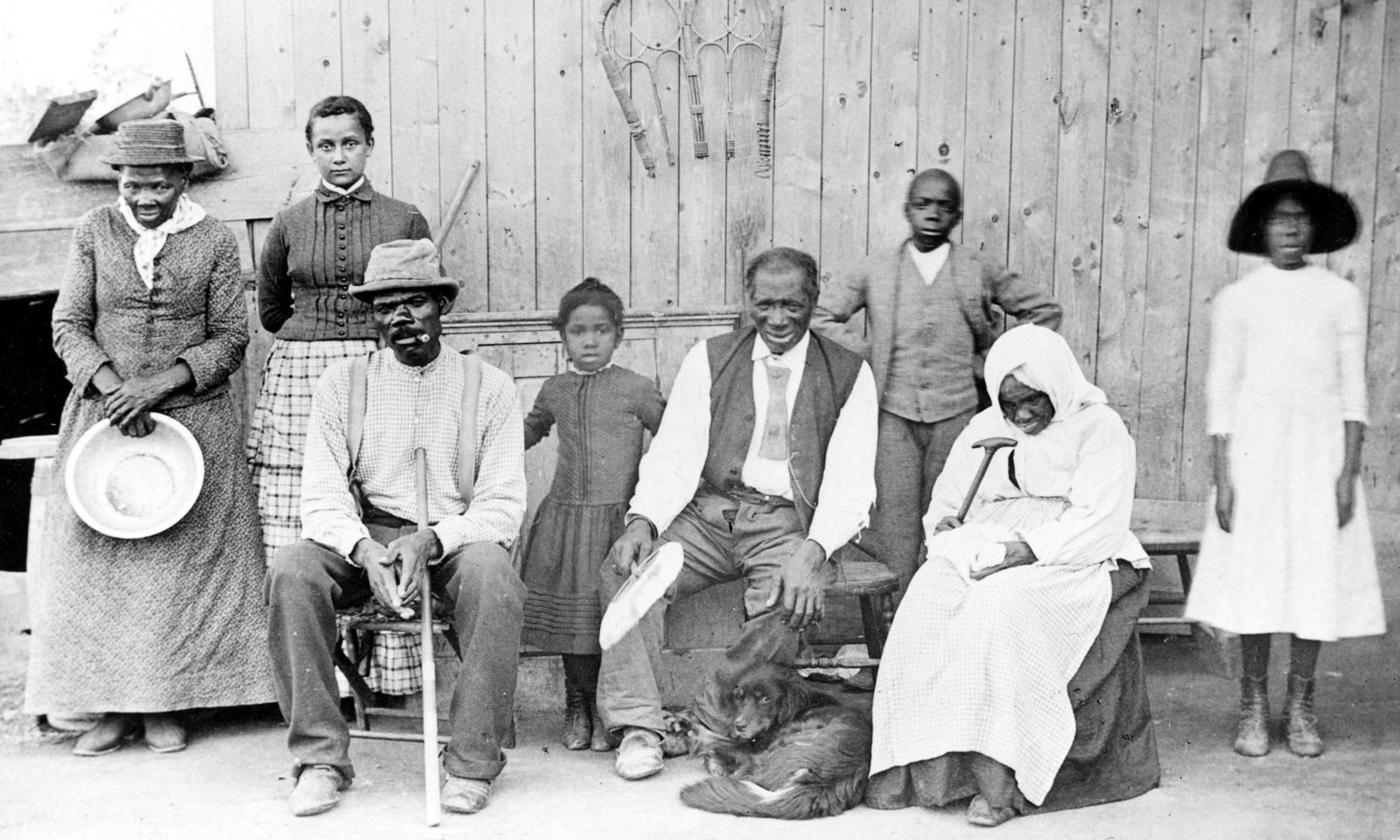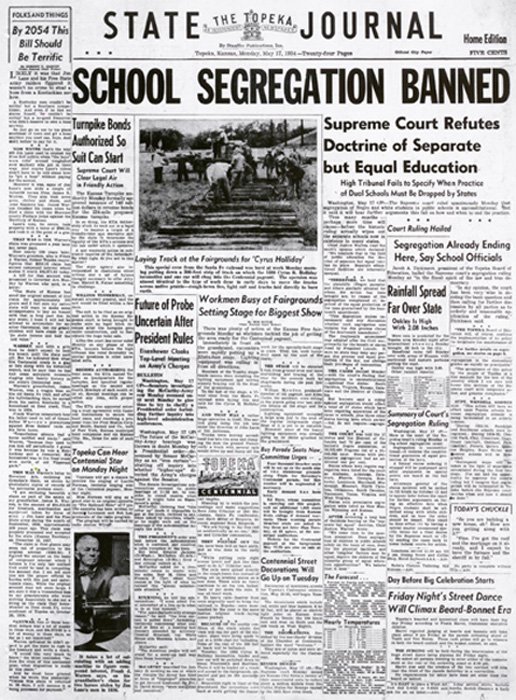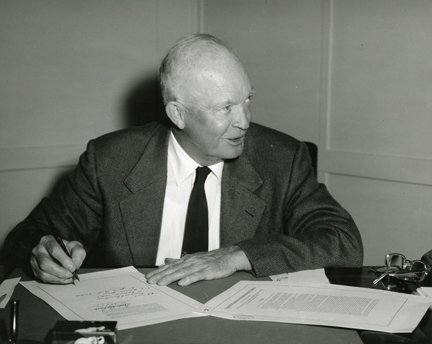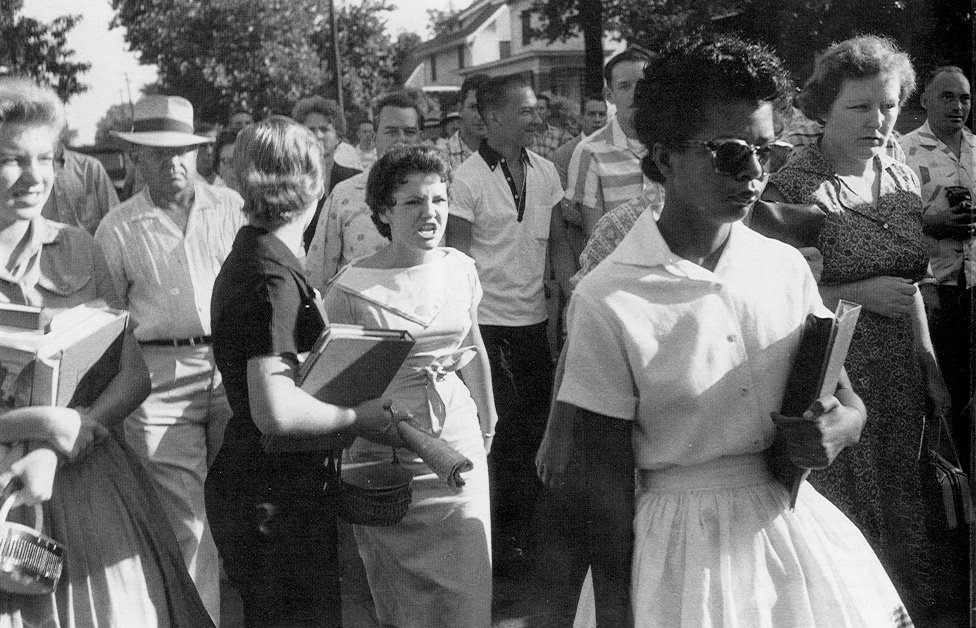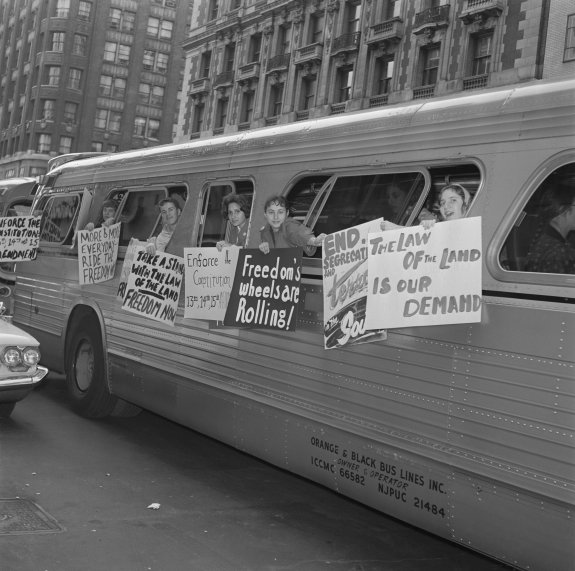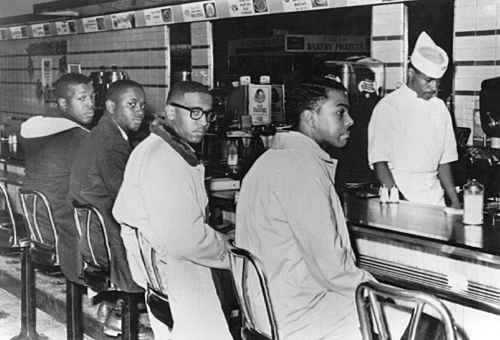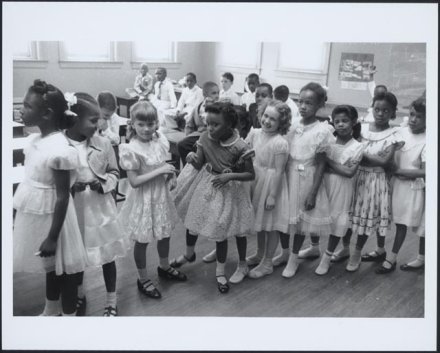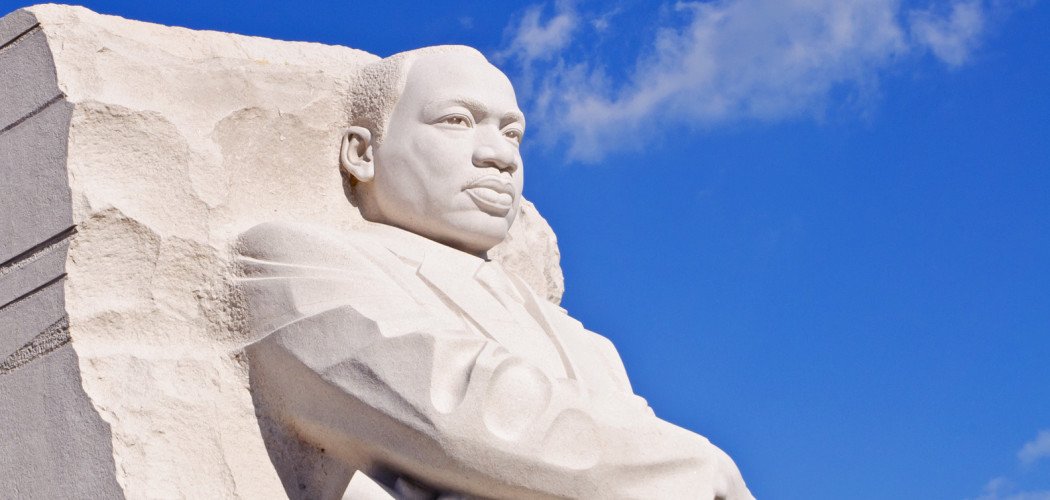1963 – Martin Luther King, Jr. Goes Off-Script
The March on Washington saw a quarter million people gather in Washington D.C. as a public display of Civil Rights and is where MLK, Jr. gave his unforgettable speech. King started the speech with a written and rehearsed rendition however while speaking he felt a lack of emotional involvement and that the speech, while good, wasn’t as powerful as people were accustomed to. His close friend and confidant, Mahalia Jackson, sat on the stage behind him and hollered towards him “tell ‘em about the dream, Martin!” He continued the speech so Jackson yelled it again. At that moment King set his script aside, grabbed the podium, and said to a man sharing the stage with him "Those people don't know it, but they're about to go to church." He then gave the monumental speech that set an emotional fire throughout the country, even in the house just down the street where President John F. Kennedy was watching and said “He’s damned good. Damned good.”


